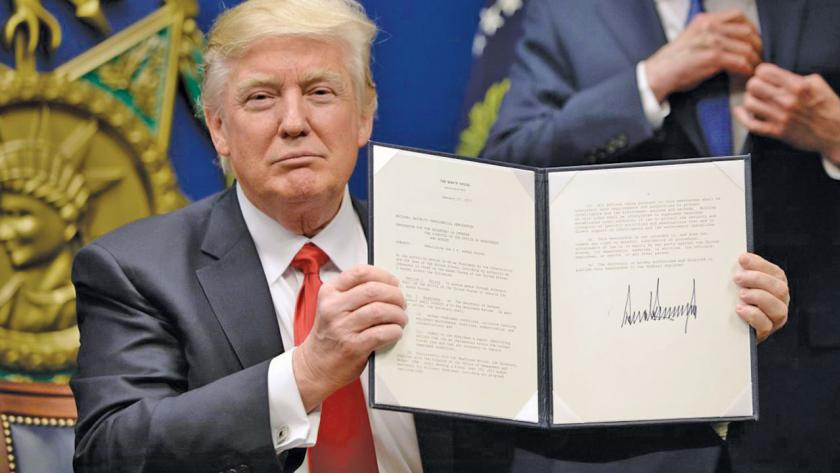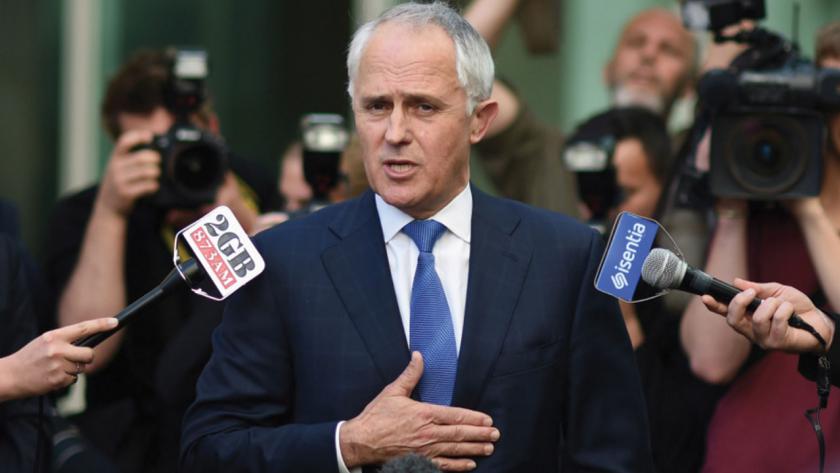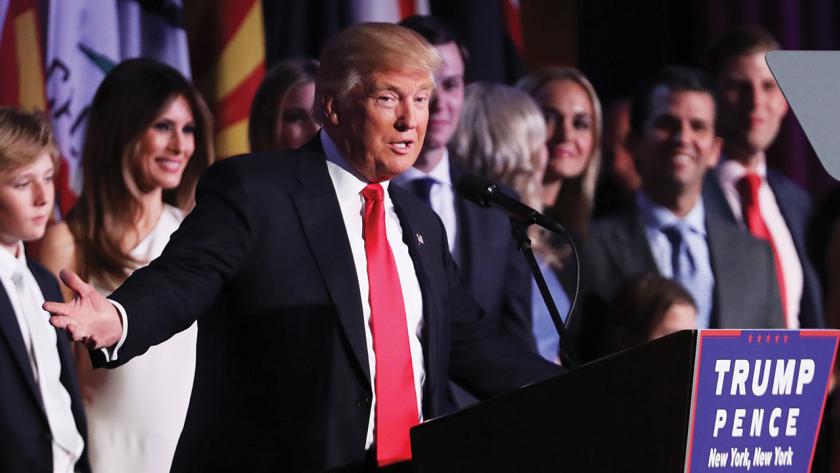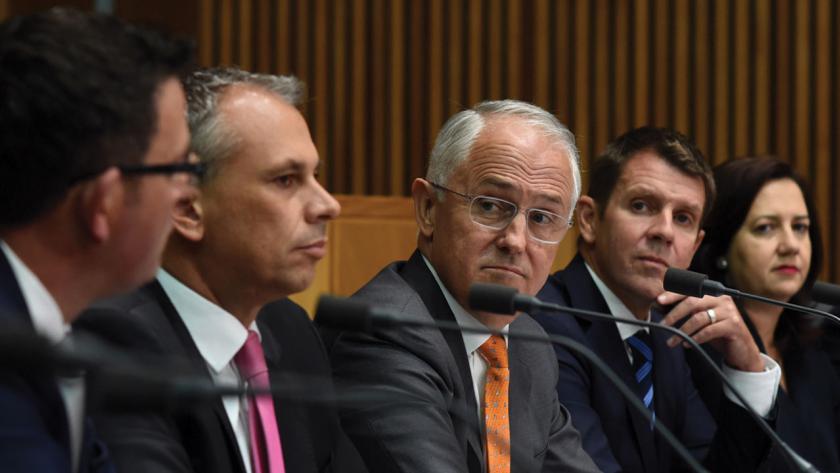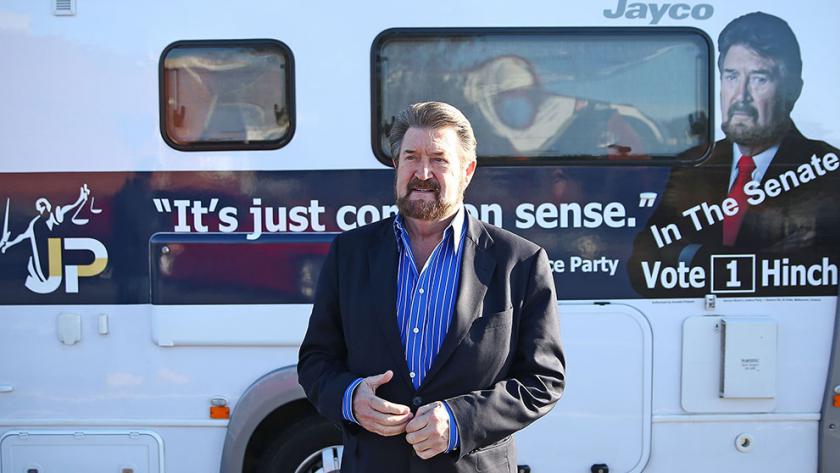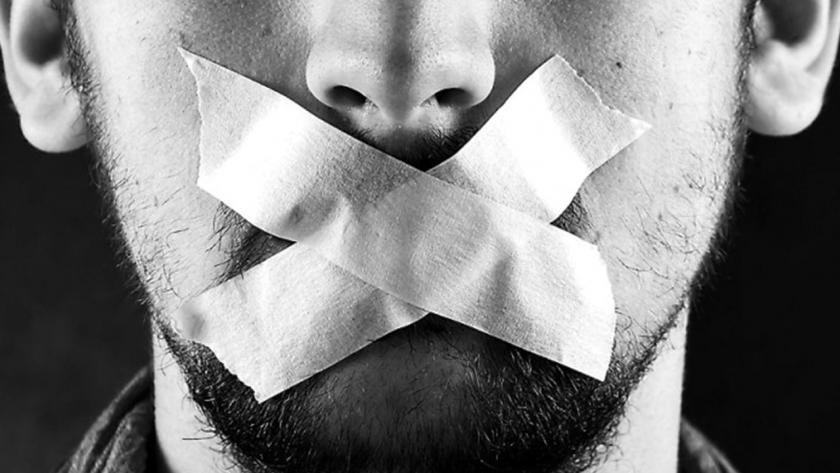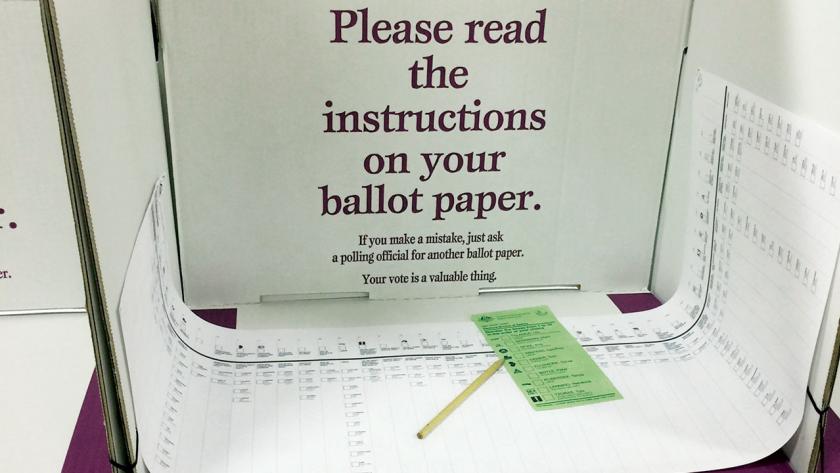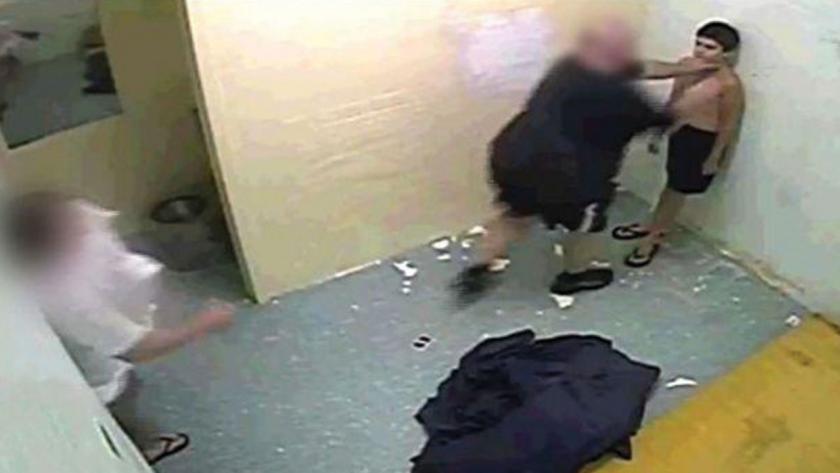CCF – Powers of Parliament
Most of us would think that our country is called ‘Australia’. Although, with our penchant for shortening words, these days you often hear us being called ‘Straya’. But if you flip open a copy of our Constitution you’ll notice that our official country name is the ‘Commonwealth of Australia’.
On Friday 27 January, President Trump signed Executive Order 13769 which is titled ‘Protecting the Nation from Foreign Terrorist Entry into the United States’. This Executive Order restricted people from seven countries from entering the United States.
Earlier this week one of the Bills used to trigger the double dissolution election passed the senate with amendments and the next day went back to the House who passed it in the same form as the Senate. It was then sent to the Governor-General who assented into law yesterday.
Much of the world is in shock that Donald Trump will be the next President of the United States. This week CEFA decided to take a closer look at the similarities between the Australian and the US constitutions and our representative democracies.
Federalism is not well understood by many Australians. It’s quite a difficult topic and most people tune out as soon as it’s discussed. But it is an important subject that effects each and every Australian.
Why is the Government reluctant to implement a national public pedophile register?
In America free speech is a Constitutional right outlined in the first amendment. And because we hear about it all the time, some Australians feel as though free speech is also a Constitutional right in Australia.
People are looking at the size of the Senate crossbench and muttering about how the Senate reform didn’t work. But how do you define success?
Perhaps success depends on what it was hoped would be achieved by those members of Parliament who passed the legislation.


